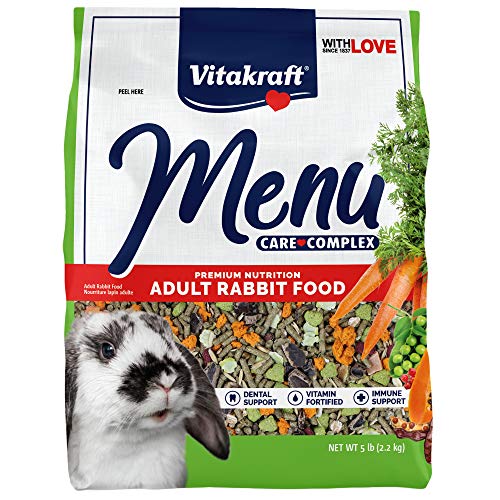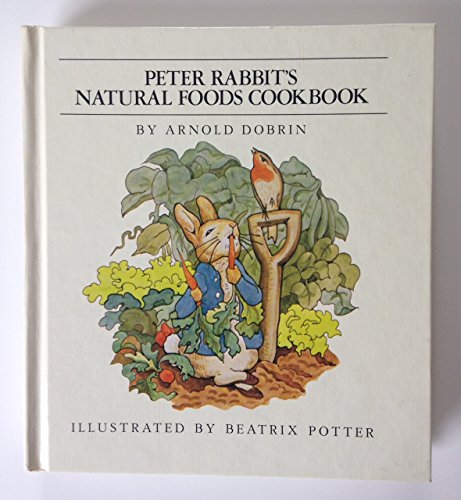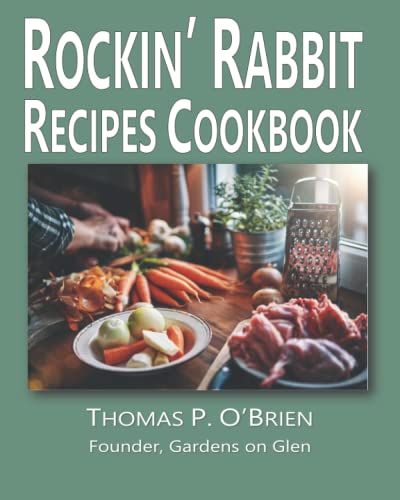How true, Caroline; protective clothing and heavy vinyl gloves are essential for harvesting - and even then, count on coming home with a sting or two, but it's worth it. Nutrient-wise, it's important to harvest before the plant blooms. Nettle will sport flower buds for quite some time before they actually bloom so it takes close inspection to know when the season has ended.
HARVEST DETAILS: I grab a bunch of stalks near the ground and cut with scissors or pruning shears tossing in piles as I work through a patch. Then I load the piles into large leaf bags to carry home (having a friend helps). As soon as possible, I rubberband together the ends of 8-10-12 stalks (depends on the thickness), then I force a large paperclip (pryed open a bit) through the rubberband to serve as a hook for hanging each bunch from wire stretched overhead across the garage. Be careful not to crowd bunches as it encourages mold. Drying time will depend on temperature and humidity levels; usually 10 - 14 days in my area. Once crispy dry, the stalks should be to stored away from heat and moisture. The rabbits will readily eat the entire stalk, leaves and all...even eating the crumbs from my hand. Fortunately, the oil - so painful when injected by the plant's "hair" - is rendered harmless through drying. BTW, the aroma of curing nettles is divine!








































![FHQHTH Faux Raccoon Fur Purse Fuzzy Handbags for Women Evening Handbags Al alloy Shoulder Strap [Rabbit White]](https://m.media-amazon.com/images/I/31mEJhLS1lL._SL500_.jpg)














